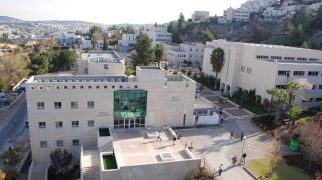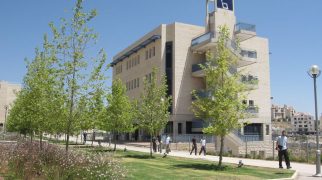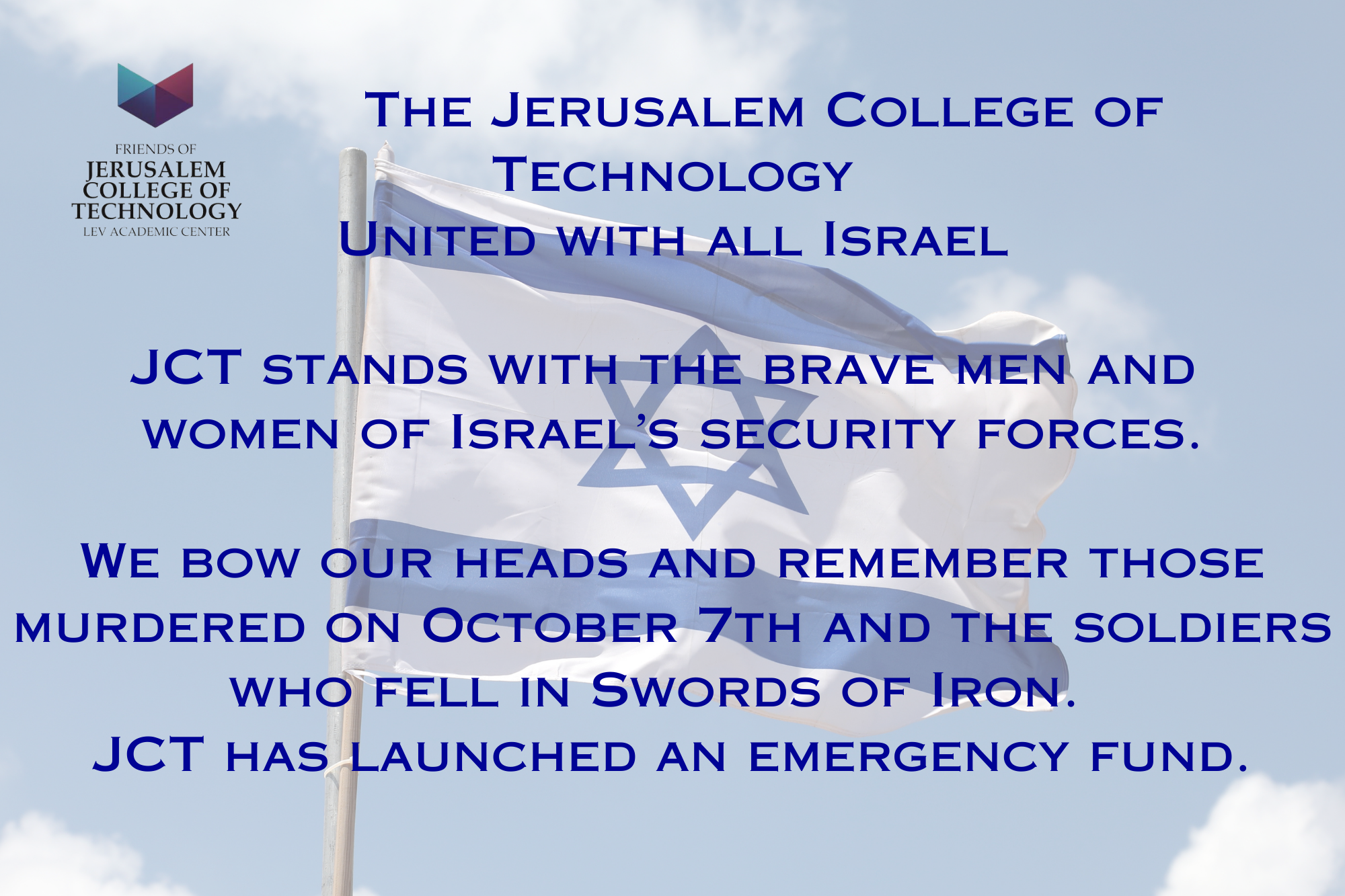April 13, 2022
The mainstream narrative surrounding haredim and the military revolves around haredi reluctance to enlist, reinforcing a tension that permeates the Israeli social and political arenas.
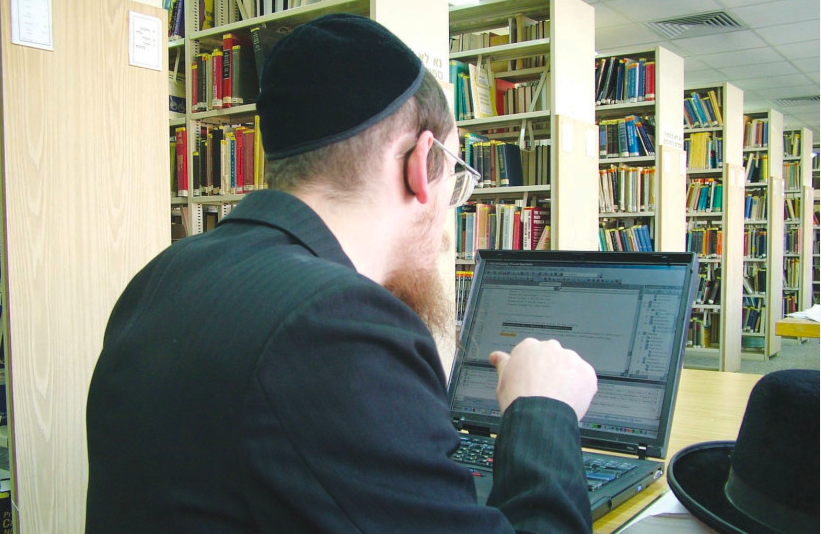
The recently reported research of Dr. Asaf Malchi, who found that integrating haredi employees bolsters social solidarity between the haredi and secular sectors, is welcome news. But, in the world of Israeli higher education, where changemaking leaders have long worked to advance the haredi community’s socioeconomic contributions, the new study comes as no surprise.
Strengthening the workforce participation of haredim – whose employment rate, among men, typically hovers around 50% – is more than a matter of social solidarity. It is a crucial component of Israel’s economic vitality. Haredim are expected to comprise one-third of the country’s population by 2065, according to the Central Bureau of Statistics. This means that cultivating untapped sources of talent within the haredi community is an increasingly essential strategy in the quest to fill Israel’s glaring personnel gaps in fields, such as high-tech and nursing.
For instance, State Comptroller Matanyahu Engelman issued a report last year that documented 18,500 vacant positions in the Israeli high-tech industry, resulting from a shortage of skilled university graduates with training in computer software and hardware.
However, higher education institutions like the Jerusalem College of Technology (JCT) have promoted an academic solution to the state’s employment challenges – particularly when it comes to spurring much-needed progress for the haredi community – for decades. Beyond the economic benefits of greater haredi workforce participation, there are also important social benefits.
The mainstream narrative surrounding haredim and the military revolves around haredi reluctance to enlist, reinforcing a tension that permeates the Israeli social and political arenas. Yet, the JCT routinely produces alumni who become leaders in Israel’s defense industry and are involved in top-tier defense projects, such as the Iron Dome and Arrow anti-missile systems, as well as the country’s space program and satellite development efforts.
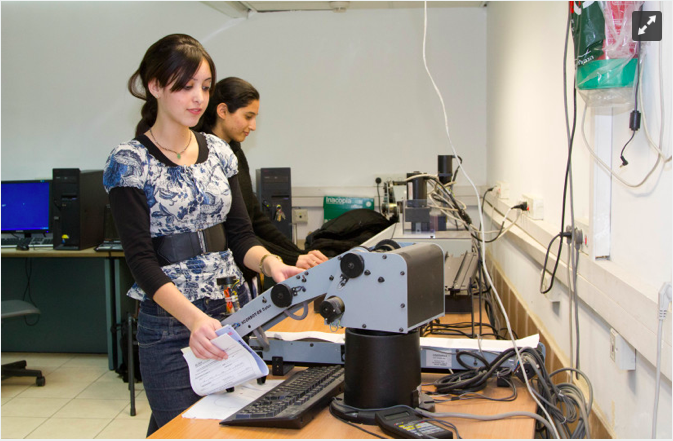
Haredi integration in the defense industry not only bolsters a sector that is indispensable for the state’s survival, but also promotes a new narrative that creates greater harmony, helping Israeli society move away from a finger-pointing mentality that focuses on the haredim’s lagging workforce contributions. This pattern holds true across disciplines and industries, as more than 90% of JCT graduates attain employment in their field of choice within a year of graduation, including quite prominently in the high-tech and healthcare industries.
The JCT also advances the haredi community’s workforce contributions through its Cyber Elite program, which provides outstanding Orthodox and haredi graduates of software engineering and computer science degrees with intensive cyber security training while providing Israel’s high-tech and defense industries a much-needed new source of highly skilled employees. Members of the current Cyber Elite cohort – 19 men and 17 women – work in research and development positions at 18 leading cyber security companies and cyber units of multinational companies, including Check Point, Cymotive, Intel, CYE, ARMO, Israel Aerospace Industries/Elta Systems, Rafael Advanced Defense Systems and Cellebrite.
At the same time, even if the numbers paint an increasingly encouraging picture, our work is far from done. Dr. Malchi’s study notes that the most significant challenge of haredi integration is the isolation of haredi workers from the rest of their colleagues. At JCT, we are witnessing a revolution on this front as well, as evidenced by the harmony and solidarity that exists between the haredi and national religious student populations on our campus.
Our haredi students are afforded a religiously sensitive environment that simultaneously provides high level professional training and enables them to thrive together with students from across the diverse spectrum of Orthodoxy. The campus is defined by integration, not isolation.
In the coming years, we look forward to seeing more research that affirms the progress that we are already witnessing on campus.
By: Professor Chaim Sukenik, President of the Jerusalem College of Technology (JCT)
Original Article: https://www.jpost.com/israel-news/culture/article-704092

